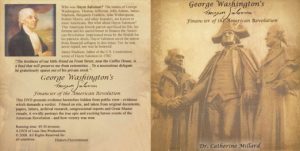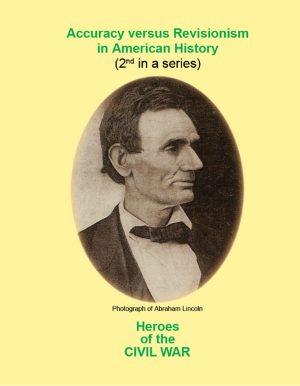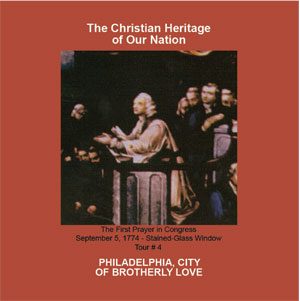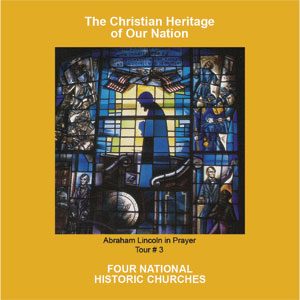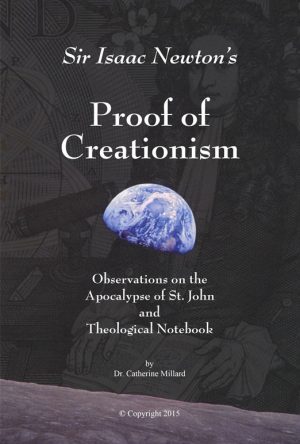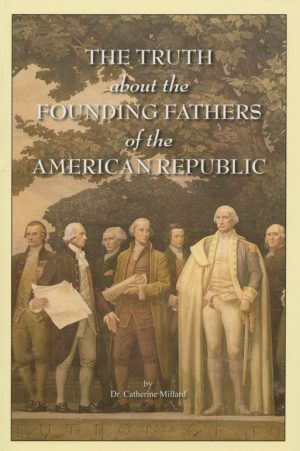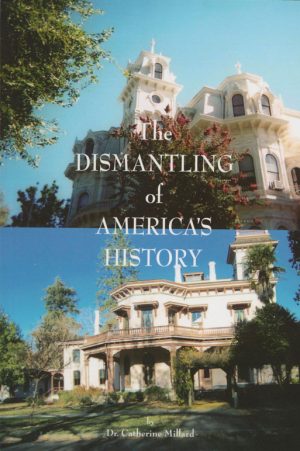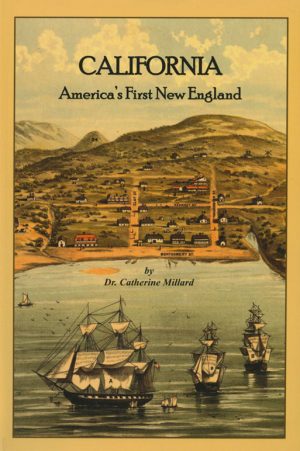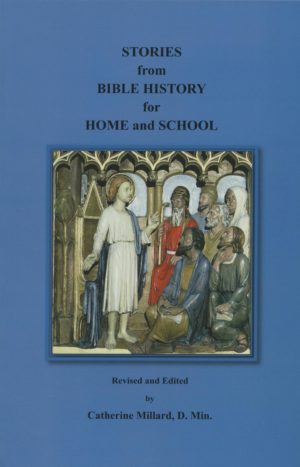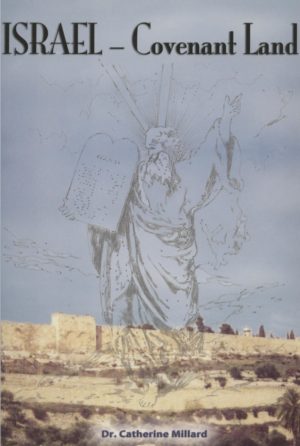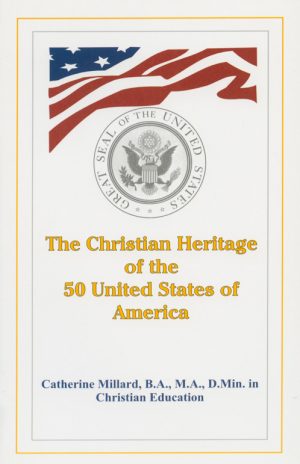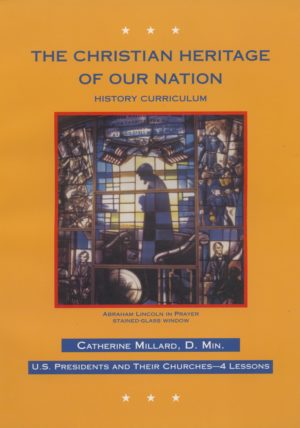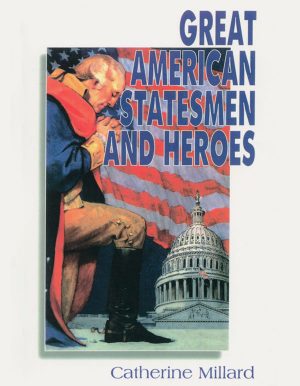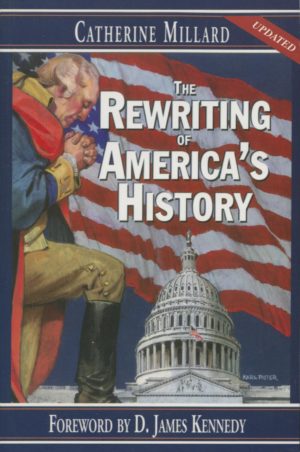Henry Orphaned at a Young Age
Henry Opukahaia lived only twenty-six years, but in that brief span of time, his life was the vessel used of God to bring Christianity to countless people in Hawaii. He was orphaned at a young age when his parents were killed in a tribal contest “to see which should be the greatest.”1 Seeking adventure, he and a friend named Hopu boarded the whaler of Captain Brintnel, bound for New York in 1808. Befriended by Brintnel, they followed him home to New Haven, Connecticut.2
Opukahaia Meets New Christian Friends,
and Accepts Jesus Christ as His Savior
There they met new Christian friends, who, together with students of the college, began teaching them about The Bible. Within a few years, Opukahaia had met and received Jesus Christ as his Lord and Savior. Soon others began coming from Hawaii, and again displayed a willingness to avail themselves of Christian education.
A Mission School Established in Connecticut
As a result, the American Board of Commissioners for Foreign Missions, established a school at Cornwall, Connecticut in 1816 for the sons of various tribes.3
There the basics of academics and the doctrines and duties of the Christian religion were taught them, dispelling their fears and superstitions. The aim of the school, as found in its Constitution, was as follows:
The education, in our country, of heathen youths, in such manner, as with subsequent professional instruction, will qualify them to become useful missionaries, physicians, surgeons, schoolmasters or interpreters and to communicate to the heathen nations such knowledge in agriculture and the arts, as may prove the means of promoting Christianity and civilization.4
Henry is Burdened for his Lost Hawaiian People
Opukahaia, who was nurtured at the school, was filled with thanksgiving to Almighty God and His people. He was moved to compassion, and burdened for his Hawaiian people, who remained in the gross darkness of a heathen and superstitious society. In his new and unpolished English, he verbalized the deep sentiments of his heart in his inimitable, guileless manner:
God will carry through his work for us I do not know what will God do for my poor soul. I shall go before God and also before Christ. I hope the Lord will send the Gospel to the heathen land, where the words of the Savior never yet had been. Poor people! Worship the wood and stone, and shark and almost everything their god. The Bible is not there, and heaven and hell, they do not know about it…O what a wonderful thing is that the hand of the Divine Providence has brought me from the heathenish darkness where the light of Divine truth never had been. And there I have found the name of the Lord Jesus in the Holy Scriptures, and have read that His blood was shed for many. O what a happy time I have now, while my poor friends and relations at home, are perishing with hunger and thirsty, wanting of the Divine mercy and water out of the wells of salvation. My poor countrymen who are yet living in the region and shadow of death, without knowledge of the true God, and ignorant of the future world, have no Bible to read, no Sabbath. I often feel for them in the night season, concerning the loss of their souls. May the Lord Jesus dwell in my heart, and prepare me to go and spend the remaining part of my life with them. But not my will, O Lord, but thy will be done.5
God hears Opukahaia’s Prayers for the Salvation of his People
That God heard the intercession of his heartfelt cries into the night became evident, though not as one might expect. In 1819 the Lord saw fit to take Henry home: he died of typhoid fever in Connecticut, having never seen the fulfillment of his desires to witness his people Christianized.
A Mission Team prepares for Hawaii
But that very year, a missionary team, composed of both Americans and Hawaiians, was to be dispatched to Hawaii to begin the work Opukahaia had longed to do. On the occasion of the ordination of the two missionaries, Reverend Hiram Bingham and Reverend Asa Thurston, to the Sandwich Islands (Hawaii), the sermon preached was based on the text, Joshua 13: 1: “And there remaineth yet very much land to be possessed.”
The Ordination Farewell Sermon Preached
Following is an excerpt from that sermon which shows the zeal Henry Opukahaia had imparted to the Christians in Connecticut:
…But I cannot do less than advert to some of the prominent indications, that the time, even the set time to favor the Sandwich Islands is come. Whence originated the design of sending them the Gospel? Why are we assembled here today? “It is the Lord’s doing, and marvelous in our eyes.” To him it belongs to bring good out of evil and light out of darkness…But where is your elder brother? Ah! Opukahaia cannot go with you to Owhyhee. He will not, however, forget you. Perhaps, if you should prove steadfast in the faith, he may look down and smile upon you from heaven. Possibly, he may even be permitted to visit you, though unseen; to strengthen you in the hour of temptation, and to whisper consolation to your souls in seasons of despondence. From a land of Bibles and Sabbaths and churches, where you have been nurtured and instructed in Christian charity; where you have enjoyed the prayer sand counsels of the wise and good; and where some of you hope that you have been made savingly acquainted with the Lord Jesus Christ, you are going back to that land of idols and darkness, from whence you came…6
The Missionaries Arrive in Hawaii
Arriving on March 30, 1820, they first sighted the beautiful Mauna Kea mountains summit above the clouds. Opukahaia’s two friends, Hopu and Honolii, together with one of the missionaries, were sent by boat to find out from the natives about the state of the islands, and the whereabouts of their king. How wonderful it was to hear, from these scouts, the exhilarating news:
Kamehameha is dead – His son Liholiho is king – the tabus abolished – the images are destroyed, the heiaus of idolatrous worship are burned, and the party that attempted to restore them by force of arms has recently been vanquished!7
Kamehameha I’s Death paves the Way for Christianity
Kamehameha’s death brought great changes to the island. Once Hawaii’s powerful ruler, he enforced tabus and the worship of heathen gods. Head of the Maui nobility, Kaahumanu exercised sovereignty over many of the chiefs of the islands. Kamehameha had instructed his son, Liholiho, to reinforce the idolatry and tabus of Hawaii. However, upon his father’s death, Liholiho chose to abolish all tabus and religious laws, in order to promote life free from restraints. The worship of idols was forbidden, but the personal beliefs of the Hawaiians and their superstitious fear of the volcano, the spirits of the dead, the bones of their monarchy, and their kini of gods, that is, the 40,000 deities to whom they were fruitlessly appealing, were expected to be slowly extinguished. Far removed from Liholiho’s mind was any conception of God’s perfect plan for Hawaii, but his actions were the answers to Opukahaia’s fervent prayers for the salvation of his people! Liholiho was but preparing the way for Christianity to be introduced, embraced and readily accepted by the islanders, whose eyes were subsequently opened to the truth of the gospel message.8
A Letter from Kaumualii shows
His belief in the Value of Christianity
In this regard, Hiram Bingham quotes a moving letter from the King of Kauai. After three months of instruction, he wrote to him as leader of the missionary band, expressing his delight and gratitude to the missionaries who had “come to do him good,” and his recognition of what had been done for his son, George:
Dear friend, I feel glad that your good people come to my islands to do me good. I thank you. I love them. I give them meat, drink, and land to work on. I thank all American folks, they give my son learning. He know how to read, write all America books. I feel glad he come home. He long time in America. I think he dead. But some man speak “no.” I very glad you good people. I love them. I do them good. I hope you do good Hawaii, Oahu and all the islands.
Accept this from your friend,
Tamoree Kaumualii 9
The openness of the monarchy in allowing the people to be instructed in reading and Christian education was a direct result of the confidence and respect they maintained for the missionaries. That summer, King Kaumualii wrote this simple letter in his limited English to the secretary of the American Board, expressing his belief in the value of Christianity and its educational impact upon his people:
July 28th, 1820
Dear Friend: I wish to write a few lines to you to thank you for the good book you was so kind as to send my son. I think it is a good book, one that God gave us to read. I hope all my people will soon read this, and all other good books. I believe that my idols are good for nothing, and that your God is the only true God – the one that made all things. My idols I have hove away – they are no good – they fool me – they do me no good. I gave them cocoanuts, plantains, hogs, and good many things, and they fool me at last. Now I throw them all away. I have done now. When your good people learn me, I worship your God. I feel glad your good people come here to help us.We know nothing. I thank you for giving my son learning. I thank all America people.
Accept this from your friend,
King Tamoree Kaumualii 10
A Christian School Established in Honolulu
Mrs. Bingham established a Christian school in Honolulu. After three months, it had an enrollment of forty students, who attended a five-to-six-hour school day. A very exciting aspect of this school was the zealous recitation of these majestic truths by forty little Hawaiian students each morning, in their own language, in one accord:
In the beginning, God created the heavens and the earth.
Jehovah is in heaven, and He is everywhere.
Jesus Christ, the good Son of God, died for our sins.
We must pray to Jehovah, and love His Word.
God loves good men, and good men love God.11
The Prayers of Henry Opukahaia Answered
The agility and talent displayed by the Hawaiians, their ability to understand and rapidly master lessons in Christian education were further proofs of God’s providential answer to the prayers of Henry Opukahaia and his Hawaiian fellow-believers.
Sabbath school instruction grew by leaps and bounds. One of the lessons consisted of reading and interpreting the moving Memoirs of Henry Opukahaia, which caused many of the students to weep with conviction and repentance.12
The Bible, the Ten Commandments,
And Prayer Taught to the Students
The students also learned the Ten Commandments, Catechism for children, and other priceless gems through oral recitation and memorization, prior to the Bible and other books being prepared in their language. They often practiced these lessons, rehearsing them to others. Thus they were enlightened about God, the soul, heaven and eternal rewards – the great pivotal doctrines of our faith upon which moral excellence, and Christian civilization is based. These, in turn, produced positive, abiding results in the lives of the people and their society.13
Hawaiian History Revolutionized by Christianity
Hawaiian history, pertaining to the people and their monarchs, was revolutionized by Christianity. It is little wonder then, that the official seal of the state of Hawaii bears an imprint to this truth. Hawaii’s motto, translated, reads:
“The Life of the Land is Preserved in Righteousness.” 14
This beautiful island state has much to be proud of. The soul-rending prayers and petitions of Henry Opukahaia, first Hawaiian Christian, who was burdened for the salvation of his own people, literally changed the course of Hawaii’s history; the 1820 missionaries consequently carrying the life-changing Gospel of Jesus Christ to these distant shores.
To learn more, click here
_____________________
Bibliography:
1
Bingham, Hiram, A.M. (Member of the American Oriental Society and Late missionary of the American Board). Residence of Twenty-one years in the Sandwich Islands; or the Civil, Religious and Political History of those Islands: Comprising a particular view of the missionary operations connected with the introduction and progress of Christianity and Civilization among the Hawaiian people. New York: Herman Converse, 1848. p. 57.
2
Ibid.
3
Ibid.
4
Ibid.
5
Ibid., pp. 58-59.
6
Humphrey, Herman. (Pastor of the Congregational Church at Pittsfield, Massachusetts.) The Promised Land, a Sermon delivered at Goshen, Connecticut at the Ordination of the Reverend Messrs. Hiram Bingham and Asa Thurston, as Missionaries to the Sandwich Islands, September 29, 1819. Boston: Samuel T. Armstrong, 1819.
7
Bingham, Hiram, A.M. Residence of Twenty-one years in the Sandwich Islands.
pp. 69 – 70.
8
Ibid., pp. 48 – 49.
9
Ibid., p. 113.
10
Ibid.
11
Ibid., pp. 114-115.
12
Ibid., p. 117.
13
Ibid., p. 104.
14
Hawaii in Pictures, Visual Geography Series. Sterling Publishing Company, Inc., 1961, p. 30.

